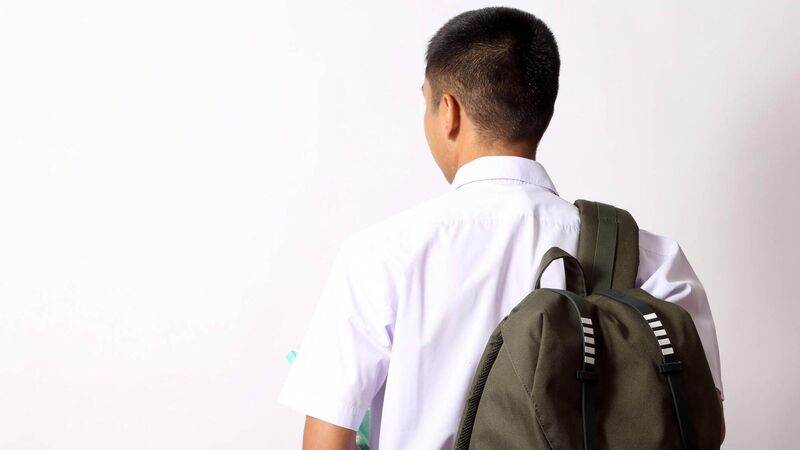Joanna Fortune: My 13-year-old is struggling to make friends in secondary school

"Having friends is important at all stages of our lives, but in adolescence, it carries particular weight in terms of strengthening and enhancing personal growth and identity."
The transition from primary to secondary school can be particularly challenging for children. Many are still in transition mode because we are only a few weeks back at school, everything is new, and a period of adjustment is needed.










